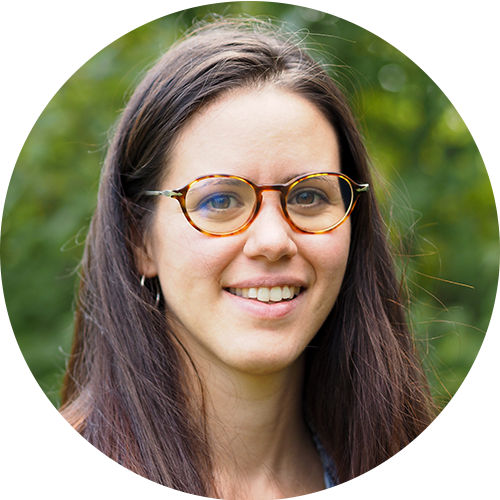News
CEFS Talk: The French Community Energy Financing Scheme
In the field of renewable energy financing, Energie Partagée Investissement stands out as a prime example of a Community Energy Financing Schemes (CEFS). Founded in 2010, this innovative CEFS embodies a collective vision where citizen savings fuel the transformation of energy landscapes across France. By investing in citizen renewable energy projects, Energie Partagée Investissement not only secures the future of sustainable energy but also fosters collaboration among diverse stakeholders. As we delve into an interview with Suzanne Renard from Energie Partagée Investissement, we uncover the essence of her work - from empowering 7,539 citizen shareholders to financing 160 community projects with €46 million invested.

- Could you briefly describe how the CEFS works?
Energie Partagée Investissement is a fund that collects savings from citizens and invests them as equity in citizen renewable energy project companies. It then represents the citizens and brings know-hows and expertise in the governance of the project with a long-term vision. This equity investment allows the project to be consolidated over time and makes it easier to obtain bank financing. The market knowledge and notoriety of the fund allows it to invest in a wide diversity of projects and to make citizen collectives, local authorities and private companies work together on a variety of different projects across France. It was created in 2010 by two consulting and engineering firms in sustainable development (Inddigo and Hespul), ethical bank La Nef and renewable energy provider Enercoop.
- How many energy communities have used it?
Our most up-to-date metrics are here: https://energie-partagee.org/souscrire/. So as of today : 7,539 citizen shareholders are involved, 160 community projects have been financed and 46 million euros invested.
- How long has it been in existence?
The fund was launched in 2010.
- Where does the funding come from?
Money is coming from the purchase of Energie Partagée Investissement’s shares. Today, Energie Partagée Investissement has collected 46 million euro invested by over 7,000 citizen shareholders and one institutional shareholder (a local authorities pension fund). It collects funding (citizen savings) and reports to its shareholders (citizens that invested).
- Which actors are involved and how are they organised?
The fund is managed, alongside a younger development fund, by Energie Partagée Coopérative. The coopérative works very tightly with Energie Partagée Association, an NGO that is the French federation for citizen energy. Energie Partagée Association raises awareness on citizen energy and federates its actors and project leaders on a national scale. It runs a network of 390-member organisations, including many local citizen collectives active in energy projects.
All the projects funded by Energie Partagée Investissement must abide by the standards (label) of Energie Partagée Association.
- How long does an energy community have to wait to access the budget?
No need to wait once the decision is made. An investment decision can take as little as 3 months is everything is ready, and it often takes a little longer depending on the pace of the project.
- Exactly what kind of projects does the CEFS finance?
Projects are identified by Energie Partagée Cooperative investment team following solicitations from project leaders (citizen collectives, private actors or local authorities) or by a regional network of citizen cooperatives. Energie Partagée Association, the citizen federation, validates the project and makes sure it respects Energie Partagée's national label. The investment decisions are then made by the staff of the fund manager Energie Partagée Cooperative.
The fund only invests in projects that meet the requirements of its national label that is based on five main pillars:
1. Territorial interest: presence of public and private actors in the shareholding (citizen shareholding of 40% including individuals, Energie Partagée representing its citizen shareholders, and local authorities).
2. Responsible finance: non-speculative investment, mobilising citizen and local authorities' investment.
3. Local dynamic: involving local players in the project, mobilising the local population.
4. Ecology: limited environmental impact.
5. Shared governance: citizens involved in the governance, all decisions are made transparently.
Type of projects concerned for funding
− No majority shareholdings: investment alongside local actors.
− Minimum of 50,000 euro in the long term.
− Size: min 1Mw / max 30Mw.
− All technologies: solar, wind, hydro, biomass, heating.
− Stage of the project: construction or refinancing phase.
